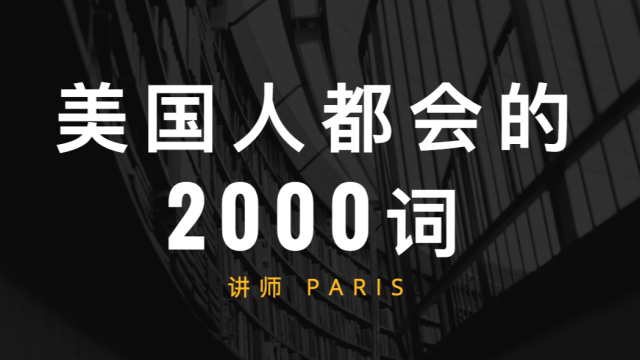帕雷托法则的英文怎么说
2012-07-03 17:51
帕雷托法则的英文:
Pareto principle
帕雷托法则,又称为帕雷托猜想,也称为80/20法则,即:在众多现象中,80%的结果取决于20%的原因。这一法则在很多方面被广泛的应用。如,80%的劳动成果取决于20%的前期努力,或者20%的人做了80%的工作,20%的维基人贡献了80%的维基条目,等等。 这个法则最初是意大利经济学家维弗雷多·帕雷托在1906年对意大利20%的人口拥有80%的财产的观察而得出的,后来管理学思想家约瑟夫·朱兰和其他人把它概括为帕雷托法则。
n. (= Pareto) 帕雷托
n. 原则,原理;起源;主义;道义
- principle of discrimination
区别原则[指战时区别军事/非军事目标] - Adhesion to the principle of independence and abstract is infraction of the principle of honesty.
固守独立抽象原则是有悖于诚实信用原则的。 - He was a man of the highest principles.
他是个道德崇高的人。 - To instruct in a body of doctrine or principles.
传授以教条或信条的方式来教授、教导 - The principle or law that orders the universe.
(佛教的)法约束天地万物的规则或法律











